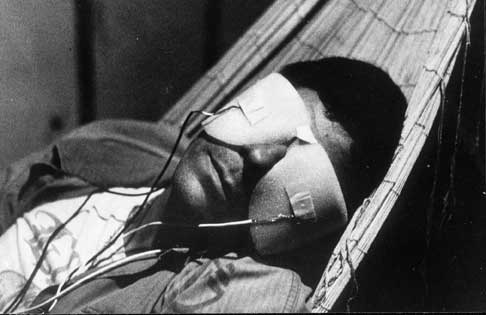Kevin Kelly is probably the most articulate contemporary voice on matters relating to how the rise of the machines will remake the meaning of humanity, but, of course, these hopes and fears have been around for awhile. In Michael Belfiore’s new Guardian article, which I think is way too chipper about what will likely be a very painful transition to an autonomous society, he quotes Arthur C. Clarke from five decades ago on the topic.
By the way, if memory serves, the Clarke essay that’s referenced predicted that by 2001 houses would be able to fly, and communities could migrate south when it was cold. I can’t be mistaking that detail, can I? The excerpt:
“As early as the 1960s, Arthur C. Clarke, professional visionary and inventor of the communications satellite, predicted the end of menial labor (mental as well as manual), due to mechanization (and, more disturbingly, bio-engineered apes). In his essay The World of 2001, originally published in Vogue and reprinted in his book The View from Serendip, Clarke wrote: ‘the main result of all these developments will be to eliminate 99 percent of human activity … if we look at humanity as it is constituted today.’
Our salvation, in Clarke’s view, will lie in our looking toward loftier pursuits than all those kinds of jobs that machines will take over:
In the day-after-tomorrow society there will be no place for anyone as ignorant as the average mid-twentieth-century college graduate. If it seems an impossible goal to bring the whole population of the planet up to superuniversity levels, remember that a few centuries ago it would have seemed equally unthinkable that everybody would be able to read. Today we have to set our sights much higher, and it is not unrealistic to do so.”

